Why Does Coffee Taste Like Mud? [ 6 Reasons Why]
Did you ever have that moment where you took a sip of your coffee and wondered why it tastes like mud? Why does coffee taste like mud? Well, it’s because there are many things that can affect the taste of coffee.
If there is something more frustrating than the taste of mud in your coffee, I don’t want to know about it. That is why this post is going to give you some good advice on how to improve the coffee you drink. You would be surprised by how many people have similar problems and are seriously lacking regular coffee that does not taste like mud.
Coffee is one of the most popular morning ritual drinks in the world. It’s enjoyed by many, but sometimes people find that their coffee tastes like dirt.
Taste is subjective, and two people might drink the same cup of coffee and have completely different experiences. But when coffee tastes like mud, there are a few reasons why it might be happening.
why does coffee taste like dirt
Table of Contents
If your coffee tastes like dirt, then you may be over-roasted. This can cause bitterness to be tasted in the coffee, not to mention a burnt taste. A good way to get that rich flavor you’re looking for is to use a french press with medium or dark roast coffee beans.
Why Does Coffee Tastes Like Plastic
If your coffee tastes like plastic, then you may have some bad beans on your hands. You should also check to make sure that you’re grinding your beans properly, as a blunt blade can cause this taste as well. If you have a burr grinder, then using it will help with getting this taste out of your coffee. Grind your beans just before brewing them in order to get rid of the taste as quickly as possible.
I work at a coffee shop. When customers complain that their coffee tastes like mud, I feel hurt. “Mud” implies dirty water, and that is the opposite of how we make our coffee.
Tasting like mud can be caused by a lot of things. Coffee beans that have been sitting around for too long, or beans that were ground at the wrong time can taste like mud. Sometimes it’s just a bad batch of beans, or a pot of coffee brewed at the wrong time. Finally, if you’re using water that’s too hard, it can cause your coffee to taste like mud as well.
The best way to avoid tasting mud in your coffee is to make sure everything is fresh and clean. Beans should be bought in small amounts and used quickly, and should never be stored for more than 2 weeks after roasting. Beans should be ground immediately before brewing because the oils in them start to break down after 12 hours or so. The grinder should be kept clean too so there are no bits of old coffee grounds floating around in it.
The water you brew with should also be fresh and clean (although most people don’t think of that). There shouldn’t be any minerals in it unless you’re adding them on purpose.
Also, to understand why your cup of joe tastes “like mud,” you need to know how your tongue perceives taste. The tongue has 10 different types of taste buds that respond to specific flavors. Taste buds are clusters of cells that sit on top of small projections called papillae on the tongue surface. Each taste bud contains 50 to 100 taste cells that release chemicals when they come into contact with certain flavors. These chemicals activate nerve cells inside the papillae, which send messages to your brain telling you what you’re eating or drinking.
The five basic tastes — sweet, sour, salty, bitter, and umami — are transmitted via specific chemical reactions.
The temperature at which your coffee is prepared can have a big effect on its flavor. Coffee needs to be between 195- and 205 degrees Fahrenheit in order to extract all of its flavors it. If it’s too hot or cold, then you will not have an optimal flavored cup of coffee. This can also affect the texture of your finished brew.
Why does coffee taste like dirt?
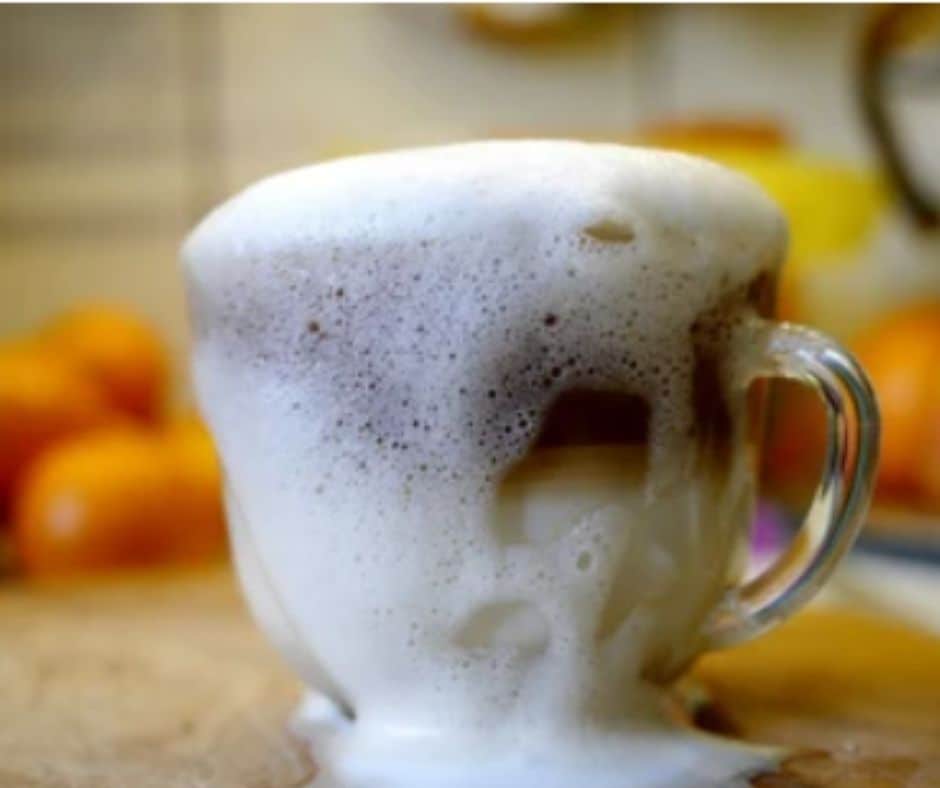
Have you ever drunk coffee and wondered if it tastes exactly like dirt? Well, you’re not alone. This is something that a lot of people ask me. I get a lot of questions via my website here too: Coffee Tastes Like Dirt. You might be asking yourself, why would anyone want to visit a website concerning coffee tasting like dirt, right? Well, to be honest, I’m not sure why but they do.
You’ve probably heard people complain about how coffee tastes like dirt. You might even think it tastes like dirt sometimes, too. So why does coffee taste like dirt and how do you fix it?
Coffee Beans
I find this subject to be extremely interesting. The short answer is that it is likely the coffee’s fault, not your taste buds.
Coffee beans contain hundreds of compounds known as “flavonoids”. Certain compounds in the flavonoids are what make coffee taste bitter. Compounds also contribute to a unique flavor in fewer amounts (for example, some of the flavonoids contribute to the floral aroma).
However, most people don’t realize there are certain compounds within them that are responsible for a less desirable flavor that many find off-putting–AKA: dirt.
Here is how to fix it:
Best to discard coffee beans that aren’t fresh. They will taste muddy as a hot drink. Buy only whole bean coffee. Grind them just prior to use. Use freshly brewed coffee. It will taste better.
Roasting of your coffee
If you are roasting your own coffee beans then you can produce bad coffee by roasting them too long. Roasting coffee beans longer than necessary will cause the oils in the beans to oxidize. Oxidized oil produces a rancid smell and taste. It can also give you bitter coffee.
This is one reason why coffee shops often roast their beans very darkly. Darker roasted beans are more aromatic and flavorful. However, darker roasted beans also tend to be stronger smelling and tasting.
Here’s how to fix it: Don’t overroast your coffee beans. Keep them light brown. Also, try finding a different recipe till it fits your taste bud.
Taste Receptors
There are two kinds of taste receptors. One is used to detect sweet, salty, sour, bitter, and savory flavors. These are the kind that detects different types of food so your brain can identify them as tasty. The other kind detects carbonation in beverages. Hence why soda tastes bubbly and beer tastes bitter.
Taste receptors for the carbonation are distributed throughout your mouth–not just on your tongue–and a tiny little receptor for detecting bitterness is on the tip of the tongue. So, when you drink something like beer or coffee, which has a ton of bitter flavor compounds in it, it’s not as simple as “taste this and spit it out.” You want to be able to swallow that stuff and get it down your throat before it becomes disgusting.
In order to do that, your brain makes the best of a bad situation by creating a super-sensitive bitter receptor on the tip of the tongue. This mechanism helps protect against drinking poisonous things like cyanide by creating an extremely unpleasant sensation (taste) when there is any trace of bitterness in what you are drinking.
Here is how to fix it:
The easiest way to avoid tasting dirt in coffee as your morning beverage is to make sure that the minerals are well-dissolved before using. That’s why filtered water is so much better for making coffee than unfiltered water: it has already been run through a filter that removes many of those compounds.
To find out how much of your flavor problems are caused by bad water and how much is caused by mineral buildup on your equipment, try both with distilled water (a process called “washing”) and see if that helps.
Common mistakes when making coffee
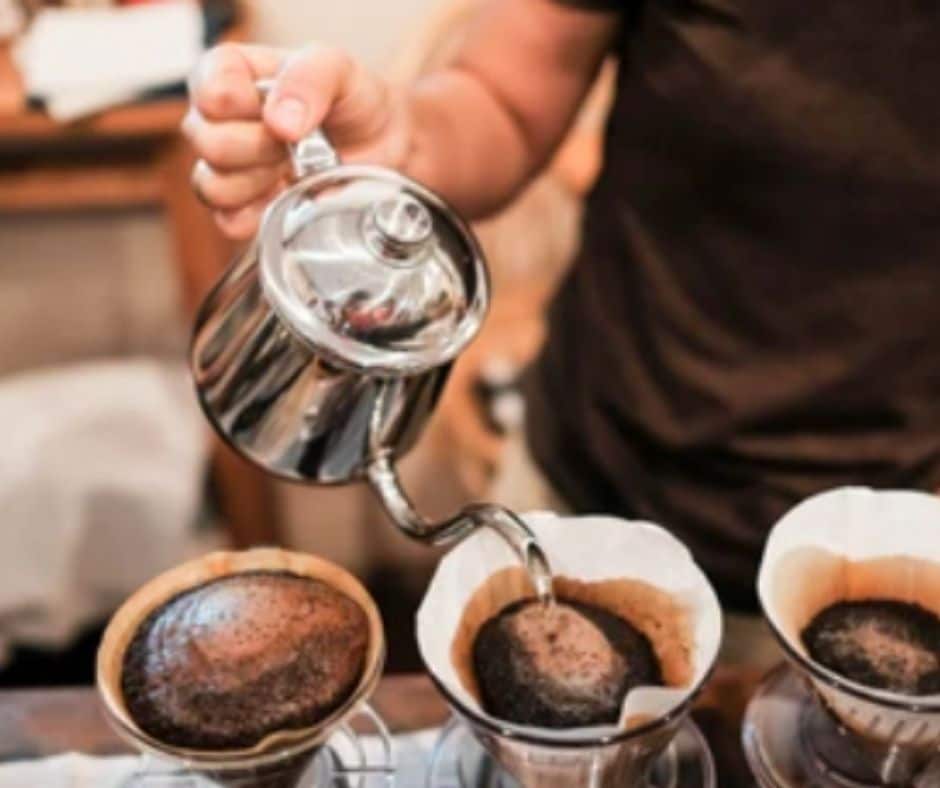
Anyone who owns a coffee shop or a restaurant is fully aware of creating a delicious, aromatic, and perfect cup of coffee. However, you would be surprised how few people there are who make mistakes in the brewing method. Let’s take a look at the most common brewing method mistakes when making coffee.
We all know that coffee is an important part of our daily life and it’s what gets us going in the morning. Making a good cup of coffee isn’t always as easy as it sounds. There are some things people do during the brewing process which are actually not correct and will change the way your coffee comes out. Today we will look at a few common mistakes that people might be doing in the brewing process.
Making coffee regularly can be a very exciting thing. It can be a source of happiness and joy, especially when you are busy and have no time to prepare a good cup of coffee. But sometimes, there is no time or energy to do so. If you are one of those people who work day and night, then you can use some quick fixes to get your daily caffeine.
Trying to make your own coffee at home may seem like an easy feat, but there is actually a list of common mistakes that many people commit when making coffee for personal consumption. It is not always about the brewing process that you are doing, but more about the tools used during the process as well as the way that it is being handled by each individual person.
Here are some mistakes people make when making coffee at home. See if you can identify with any of them:
You don’t buy the right equipment
Before we go any further, I must point out that having the right equipment really does make a difference to the taste of your coffee. An espresso machine is far superior to a coffee maker for example so if you have been using a coffee maker for years then it’s time to upgrade.
Coffee grinders are also essential so that you can grind your own beans as opposed to using pre-ground ones. This is important because pre-ground beans start to lose flavor within seconds so they can never be as good as freshly ground ones.
You don’t use enough coffee
The most common mistake made by people making coffee at home is not using enough coffee. The general rule of thumb is to use one tablespoon of ground coffee per cup (about 25ml) in an espresso machine and two tablespoons (50ml) in a normal filter machine.
In order to avoid these common errors and get better results in the future, here is one of the things that you should keep in mind:
- You should use bottled water – Not all brands of bottled water can give the same quality of water. There are already those that use distilled water while others still use natural mineral water. The choice is up to you, but it is recommended that you use the latter because it contains naturally occurring minerals and ions that help improve the overall taste of your drink.
- Use fresh beans: Using fresh beans is important because they have oils that oxidize and affect flavor over time. A good place to store whole bean coffee is in an airtight container in a cool, dry place away from light and humidity.
- Understand different roasts: The level of roast gives us much of our flavor when it comes to coffee. Light roasts preserve more of their inherent flavors whereas dark roasts mask them with bitterness.
The effect of common mistakes while making coffee
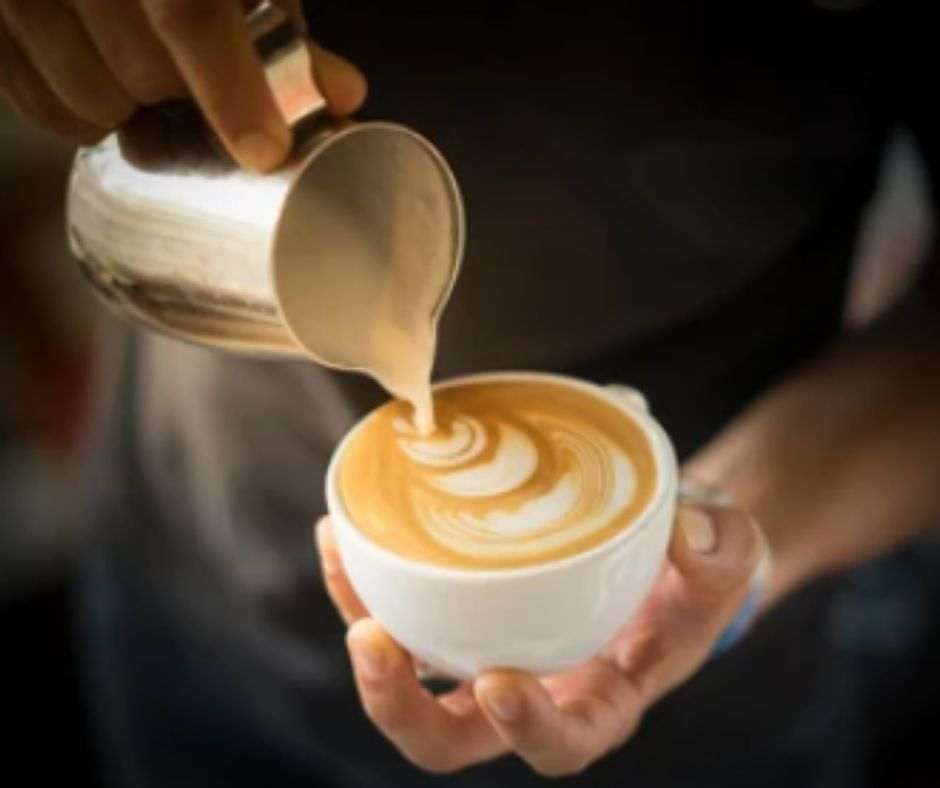
Making coffee is a simple process and it does not require any rocket science, but only if you know how to do it correctly. If you are using the best coffee beans, then you have to brew them in the right way. Here is one common mistake that most people make while making coffee and the impact they have on your morning cup of coffee:
Over-extraction:
This is basically over-brewing coffee. The coffee brewers use technology that is specifically designed to maintain the balance between extraction and over-extraction of the coffee grounds and this balance is maintained by the use of variable temperature, pressure or time among others. When the extraction of coffee is overdone it results in a bitter taste.
Conclusion
The bottom line is, don’t be discouraged. Just because you were previously drinking bad coffee doesn’t mean that you can’t enjoy good coffee now. The reason it tastes like mud has everything to do with what type of coffee you’re used to and almost nothing to do with how green the beans were or how quickly the roasting process was. So, feel free to put away that ibuprofen, stop complaining about the sediment in your cup, and get to work exploring better-tasting, fresher coffees. You won’t regret it!

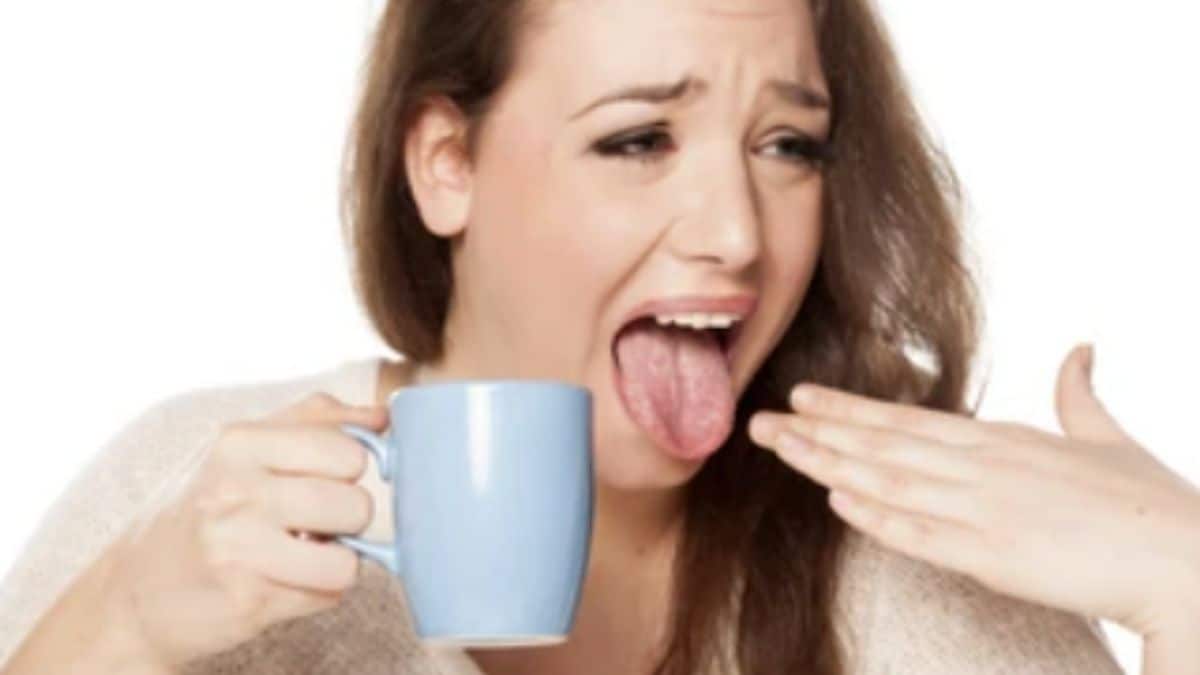
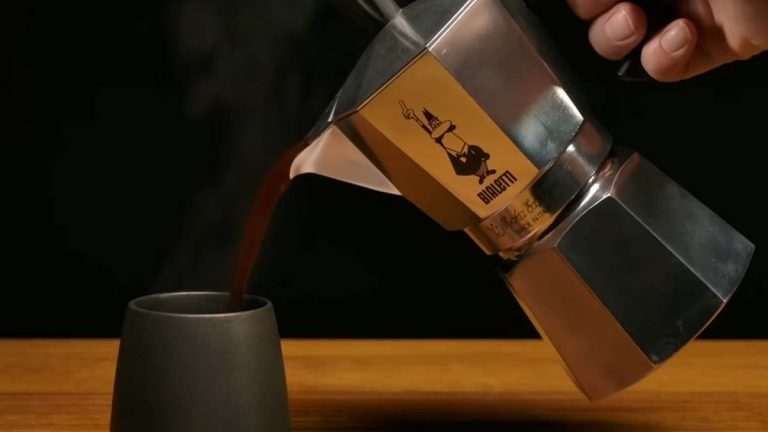

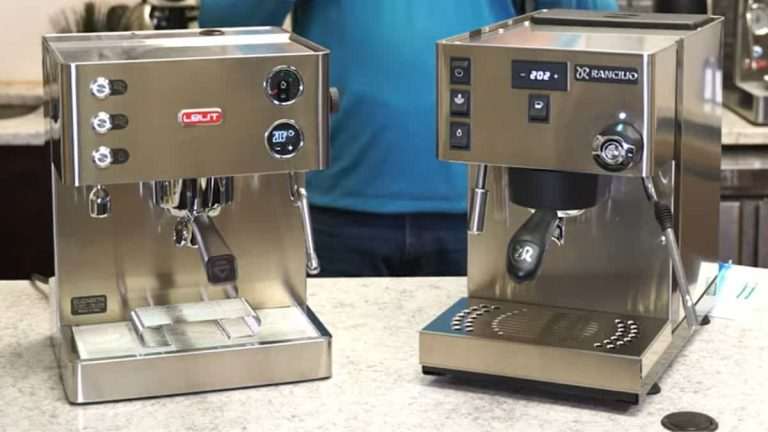


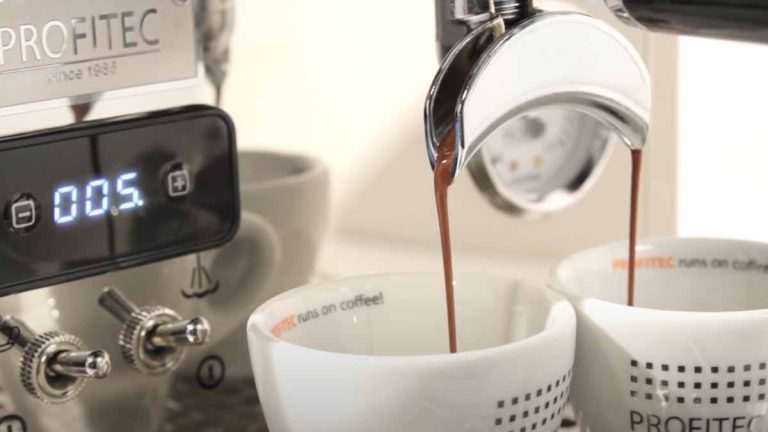
One Comment